Will You Marry Me?
Estimated reading time: 10 minutes, 16 seconds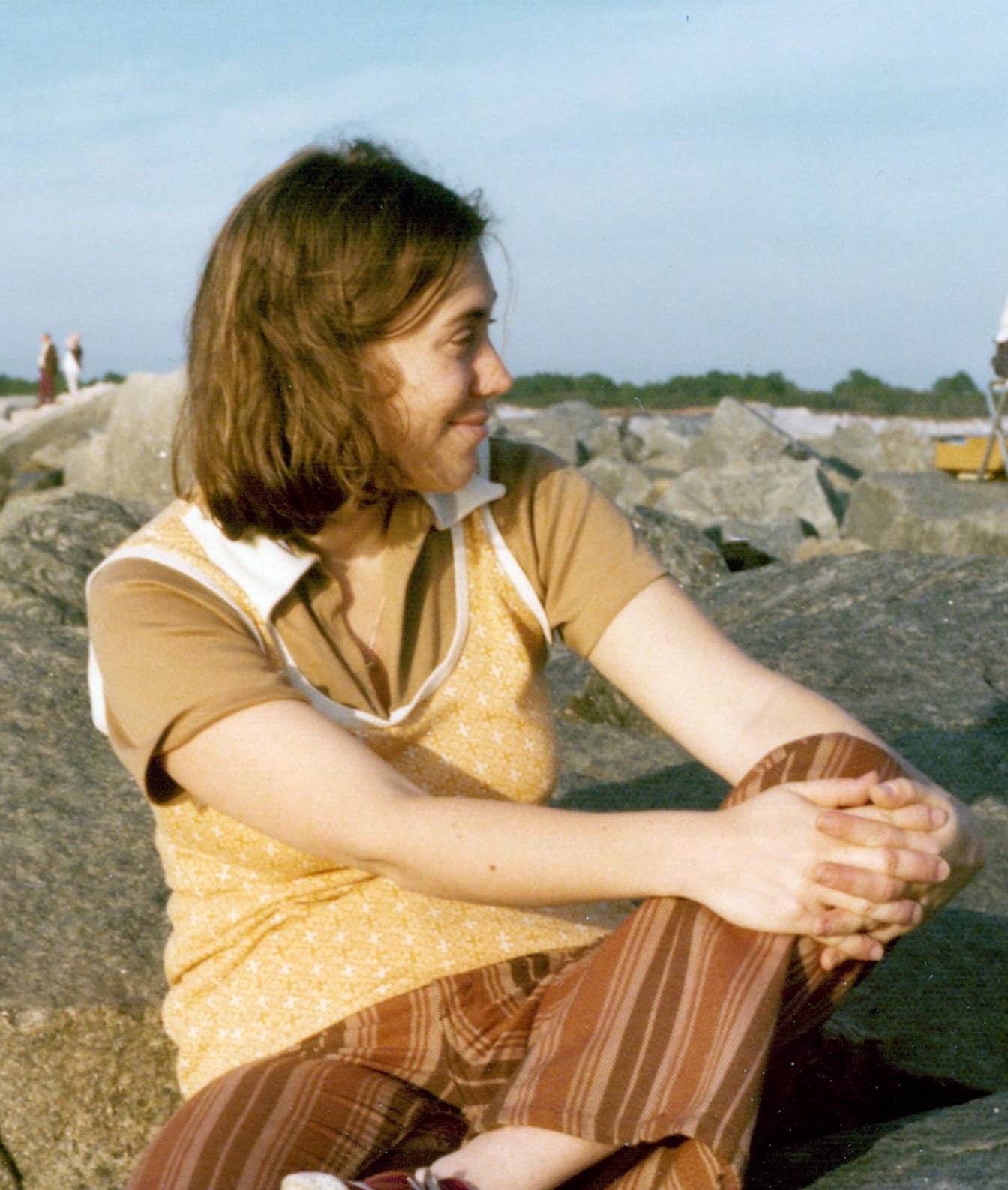
Who Proposed to Whom?
“Hello, my love! I just spoke with my Cousin Charlotte, and she will be in NY on July 17th,” I almost shouted into the phone. The phone rang six times before Jan answered. I was almost afraid she was not home. Finally, she picked up the receiver, and I could feel her smile radiate thru the phone line. “Charlotte wants to meet for dinner. I told her I would only go if you could come with me!”
Let me check my calendar,” she said as she laughed. It seemed like minutes before she responded, “I can join you.”
Jan liked to play this calendar game, always pretending she had a conflict. I would have dropped everything if she had asked me to dinner at the Plaza.
She wanted to know more about Charlotte, and I provided as much as I knew.
“She is an elected official in Birmingham or the county it is in,” I said, and “she is a member of the Democratic National Committee (DNC).”
I repeated pretty much what my cousin had told me about the upcoming conference, and I also mentioned I had read about it in the Times.
Jan then asked me what I thought about the apartment in Ft. Greene we had looked at today.
I had hoped we would have been searching for an apartment together. I had finally moved out of Clara Martini’s Mansion and had a rent-free apartment on the north side of Grand Street, a half-block east of Bushwick Avenue. Unfortunately, it was only two rooms. The other rooms were full of rocking chairs.
I had tried to convince her when she said she was moving from Inwood to consider moving in with me. “It has a new eat-in kitchen, bathroom, a dishwasher, laundry, and AC.” Even that could not persuade her.
It was nice but small,” I answered. I had wanted to say but not that it was further away than I could walk. I did point out that it was more expensive than living with me or any of the apartments I knew about in Williamsburg.
“I know we had talked about how I wanted to live on my own for a year – like Mary Tyler Moore,” Jan said as she posed like the actor at the show’s beginning. It’s the dream every young single woman has. I have roommates in my last two apartments….”
I had wanted to live with her. I smiled and accepted the reality that she needed to live alone for a year.
“The lease ends next June. Who knows, if you are still living with the rocking chairs next year, maybe it will be a good deal for both of us.
I took that as a ray of hope. We had been together for six and one-half months, and it had been the best days of my life.
Signing the Lease
“This is the lease for the apartment. It is the standard language that everyone uses,” said the owner. We sat in her living room on the first floor of 192 Washington Park, directly across from Ft. Greene Park. The Landlady handed her two keys. Jan signed the lease and handed over the check and security for the first month.
“As the first is a Monday, I presume you would like to move in before that,” the owner inquired. “If you want to move in on Saturday or Sunday, that is OK with me.”
I wanted to say that that would be OK with me. Isn’t that what a romantic partner should do?
I relented, and I hugged and kissed her when we were inside. “Congratulations on your apartment!”
As we looked around, she gave me the extra key. I had given her the key to my apartment.
The apartment had a tiny kitchen and a modest bathroom. The space flowed eastward in an area that could be a living room, a dining room, or both. On the left was a tiny room that Jan planned to use as a bedroom. The only windows were at the end of that room.
My best guess was that she might have thirty or forty square feet of additional space in her apartment than I had in my tiny home.
“Do you think we can get my bed in here?”
“The bed will fill up most of the room.”
Jan frowned.
We will make It work,” I said.
After almost 48 years, I recently lost my wife, Jan Lilien. Like The Little Prince, Jan and I believed that “The most beautiful things in the world cannot be seen or touched, they are felt with the heart.” This blog is a collection of my random thoughts on love, grief, life, and all things considered.


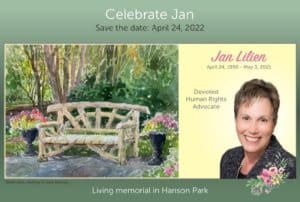
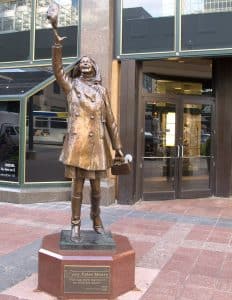
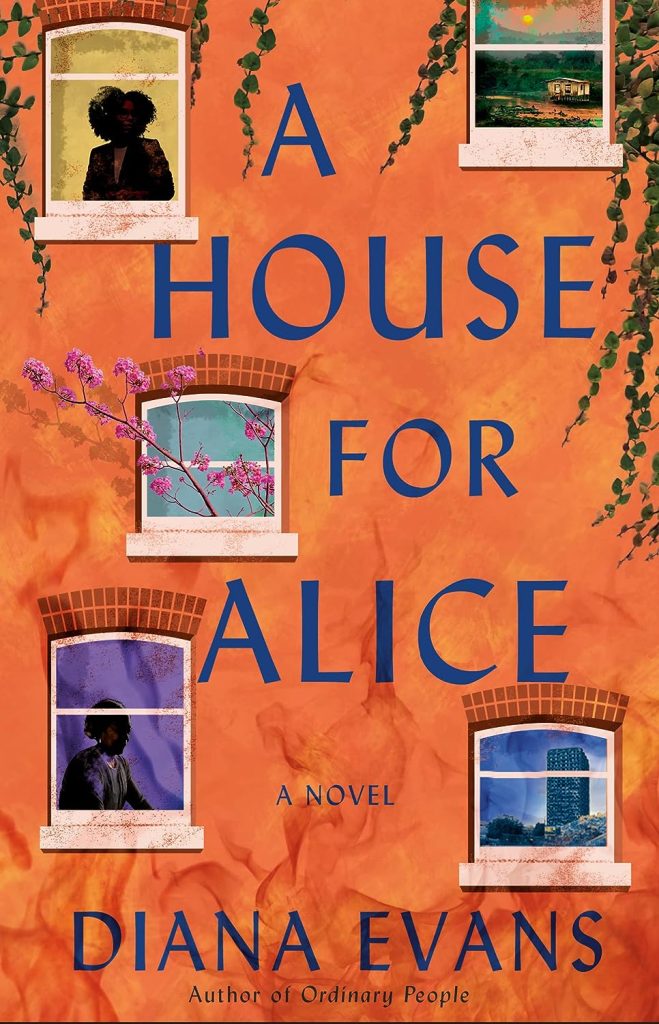
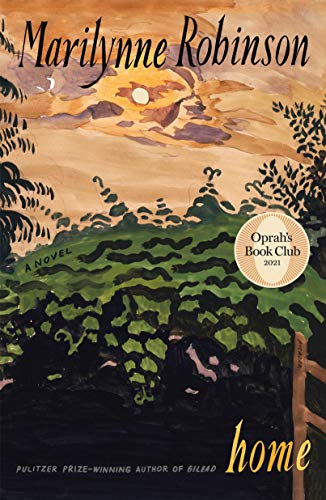
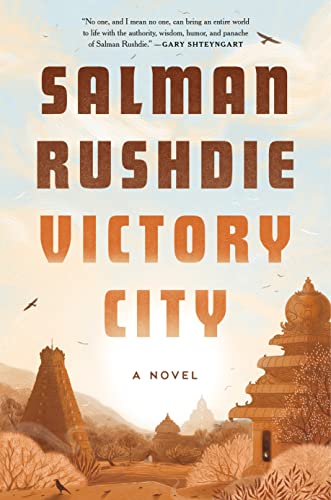
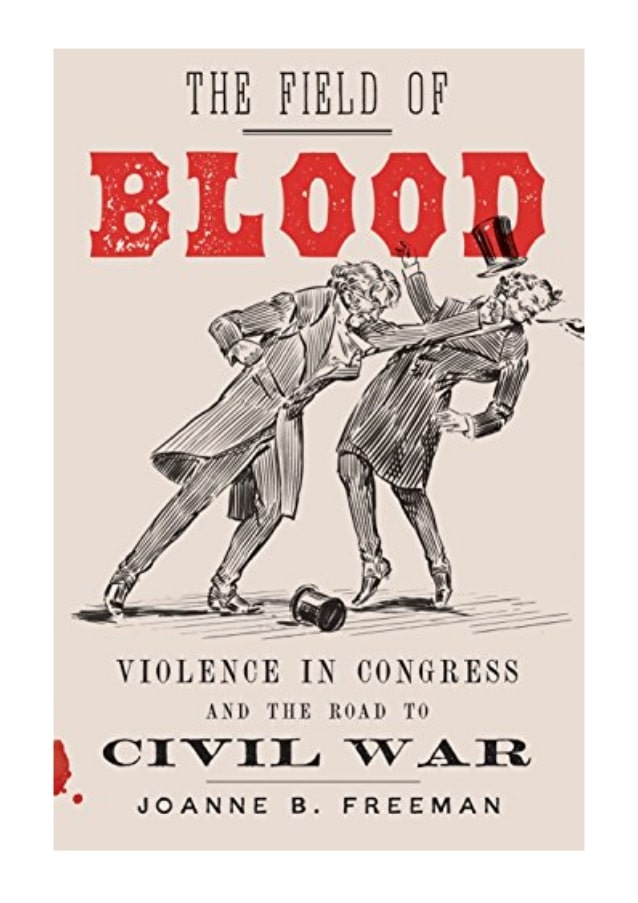
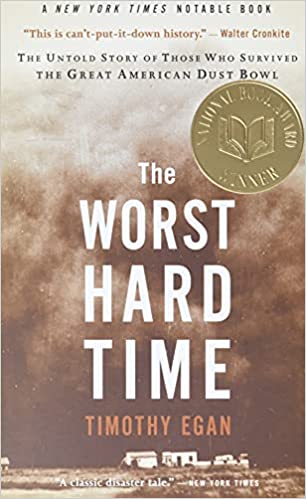
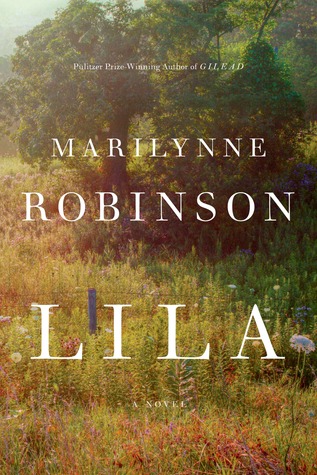
These are lovely, Richard. Thank you for sharing. What a wonderful way to bring a smile to you and everyone.
Jodi, thank you so very much for sharing your comment on this post. I appreciate your friendship and support.
My writings are from my heart and, in many ways, are an extended love letter to Jan. As I have described in other posts and comments, the words flow from me like an incoming tide at the Jersey shore.
They fill pages and pages with memories that I then edit before sharing. Writing about Jan, Love, life, and grief helped me during this difficult time. Love never dies.
I have always liked Viktor E. Frankl’s quote in Man’s Search for Meaning.
I hope to see you on April 24th to Celebrate Jan Day.
Thanks so very much for reading this post. Please feel free to share this post and others.